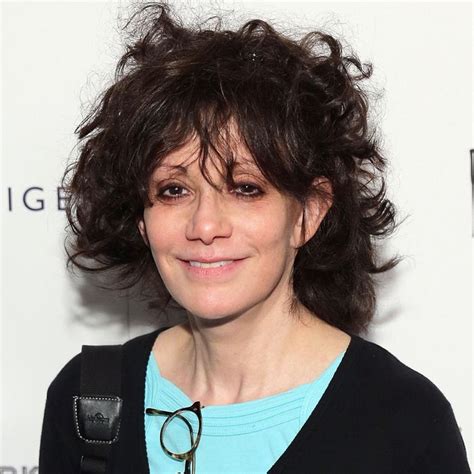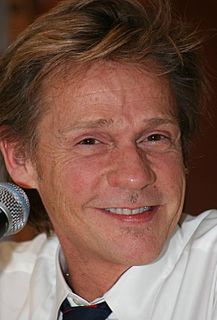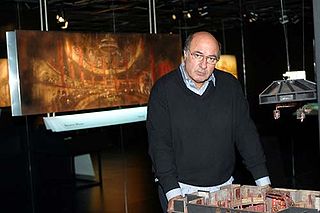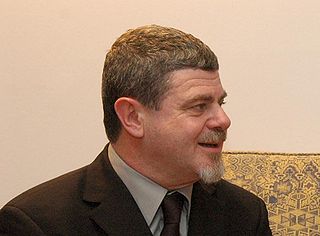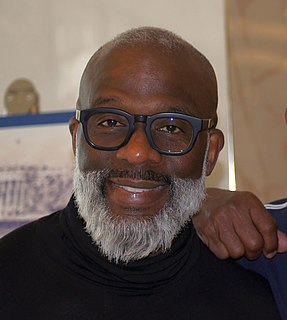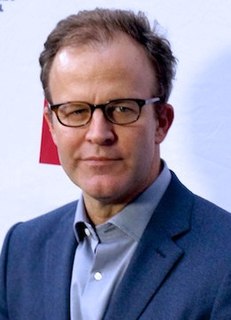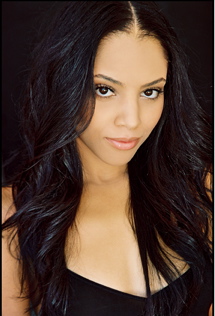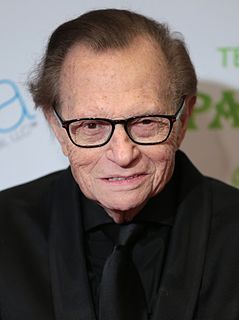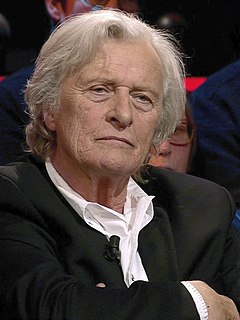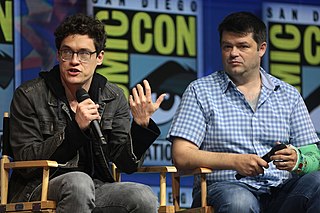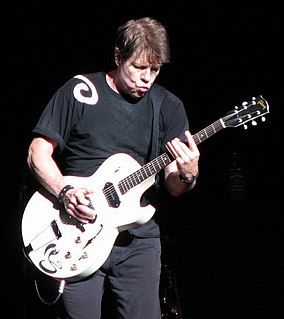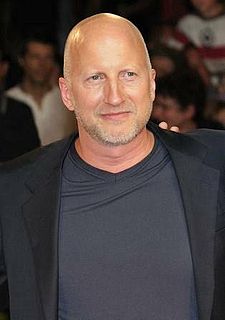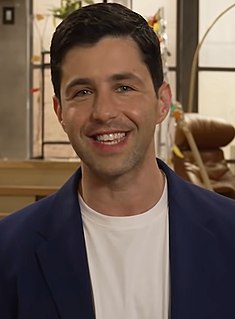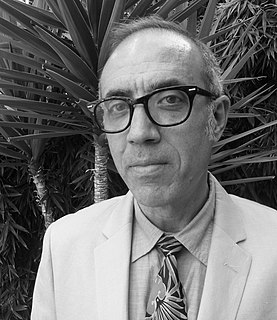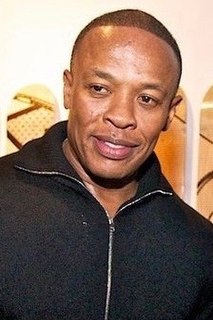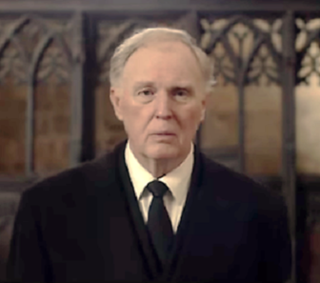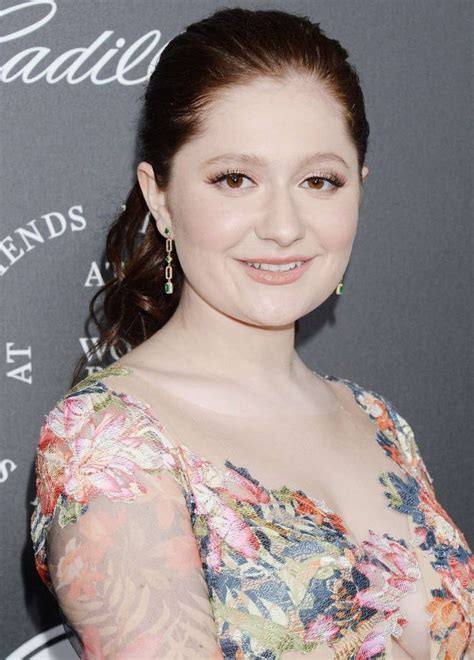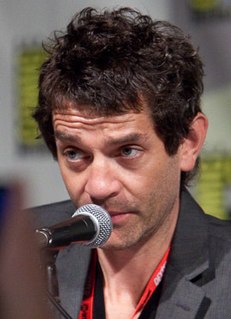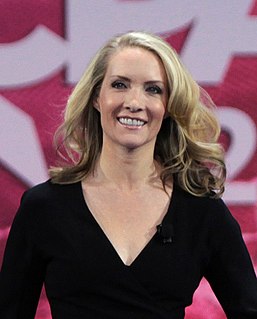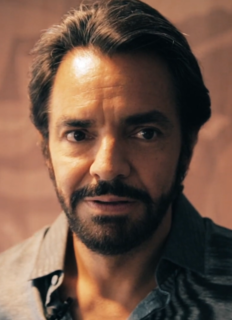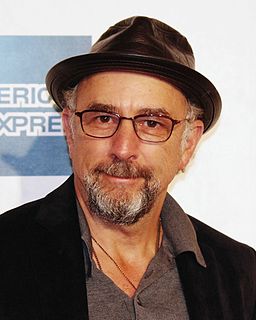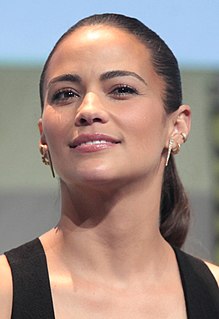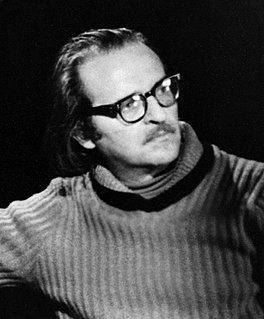Top 1200 Silly Movie Quotes & Sayings - Page 17
Explore popular Silly Movie quotes.
Last updated on November 18, 2024.
The whole first movie [Twilight] was pretty fun. I had never really done a movie like it, when there's such a big cast of people that are around about the same age. Everyone didn't really know what was going to happen with the movie, but there was a good energy. There was something which people were fighting for in a way. They wanted it to be something special. Also, none of us were really known then as well.
I don't know if you hear this often but I would say The Razor's Edge (loosely based on a great W. Somerset Maugham novel). This was Bill Murray's first dramatic role so everyone thought he stunk in this deep character but I thought he and the movie were great. The movie takes place over decades so you see Murray's character go from goofy playboy all the way to wiser, older person. It's basically a movie version of the journey I described.
I think it worked two ways. One, a lot of people writing about the movie used that as shorthand and it could either be a good thing or they could use it to dismiss the movie like we were a copycat movie or something like that. It's very much its own story. It is a young woman in a post-apocalyptic society, but after that it's just a whole different kind of story and a different journey that she goes through.
My approach has always been to put 100% into the movie I'm making right now. I think sometimes filmmakers put too much thought into the grand franchise they're going to build. And guess what? If the first movie doesn't work there is no franchise, so I'm always concentrated on making the best, best possible movie right now.
First of all, I had the desire for that format [silent movie], and then when I was talking to people, I felt that people needed justification. Why are you doing a silent movie? Is it just for your own pleasure? I felt it was not enough for them so I realized I have to choose the subject that will make things easier for them and to tell the story of a silent actor makes sense for doing a silent movie.
